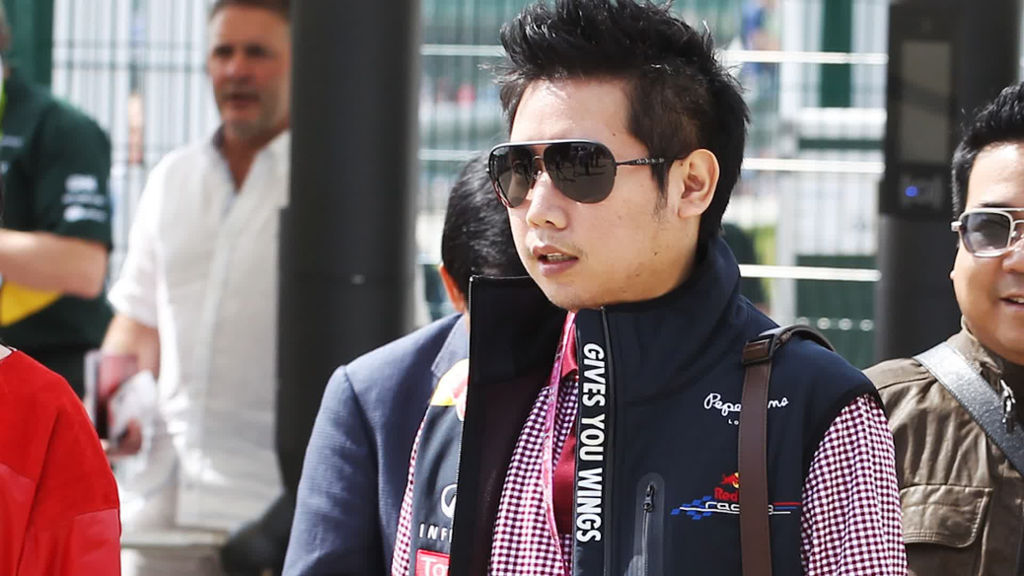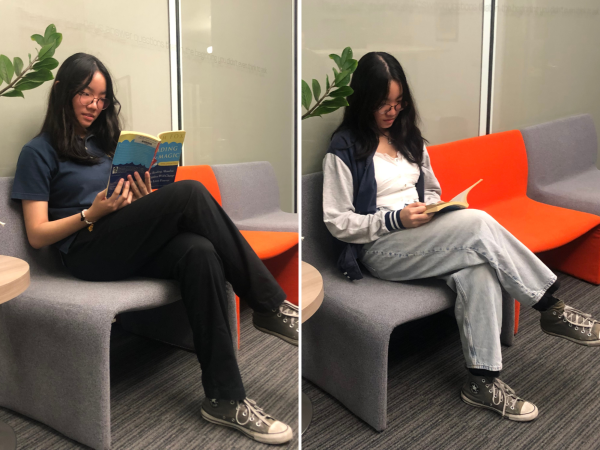Red Bull & Money: The Guide on Evading Prison
Red bull, money, and influence. Vorayuth Yoovidhaya, the grandson of the person who invented Red Bull, has all of these. Oh, he also (allegedly) ran over and killed a police officer on September 3, 2012. He still walks free today.
To understand how this is even remotely possible, one must understand the intricacies of the culture surrounding the super-elite in Thailand. A certain aura of untouchability in regards to justice are embedded in Thai millionaires and billionaires, and this case is a perfect epitome of that.
Yoovidhaya, 27 at the time of the accident, was driving his Ferrari when he allegedly struck a police motorcycle that resulted in an officer’s death. It was later found that he was under the influence of alcohol, but he affirms that he only drank after hitting the motorcycle and driving home.
Prosecutors have tried repeatedly to get Yoovidhaya to appear in court, but he missed prosecutor orders to appear in court last Thursday for the 8th time since legal proceedings began. Imagine this: you hit and kill an innocent person with a car while being under the influence, you were never been arrested, and you have evaded legal justice for the last 5 years.
Seems like something out of a movie, if you think about it. Sadly, this is something that constantly happens both domestically and internationally. The case of Orachorn “Praewa” Thephasadin na Ayudhya’s car accident which resulted in 9 deaths, and the murders of British tourists Hannah Witheridge and David Miller on Koh Tao are two other recent examples in Thailand where money may have bought out justice. It seems that courts in certain countries are…. more inclined to accept money and turn a blind eye to the misconducts of rich and influential modern-day aristocrats. This is definitely what is happening here.
A normal person would be arrested the moment they ignore a prosecution order. A normal person would have been locked behind bars after they are clearly guilty of manslaughter. But sadly, Vorayuth Yoovidhaya is no normal person. The hundreds of billions of baht that his family name holds is a shield that protects him from the law.
“Although us ISB students admittedly live in an affluent environment, we [cannot] deny that corruption is not a problem in Thailand,” Bhu Thepkanjana (10) remarks, “it is definitely something that is unfair, especially this case, and we all need to be more aware of the difference in treatment between upper and lower class people,” he finishes.
The sad reality is that, unless there are some serious changes in the way affluent people are treated in Thailand, Yoovidhaya may never be brought to justice. I, along with other Thai citizens, realise that there is something wrong, lopsided, and biased with our judicial courts, but the problem is so deeply rooted in the fabric of Thailand and other countries that we readily admit the fact that this may never change.
Although he is the heir of a multi-billion dollar company, Yoovidhaya can never change what he has done. His reputation is streaked by a huge scandal, his life is tarnished with the knowledge that he allegedly took another person’s life, and his conscience is marred with the guilt of knowing that the way he is being treated is wrong and unlawful. He may be immune to judicial justice, but other types of justice certainly have a way of finding its way around Yoovidhaya’s deep money-filled pockets.
Poon Singhatiraj






